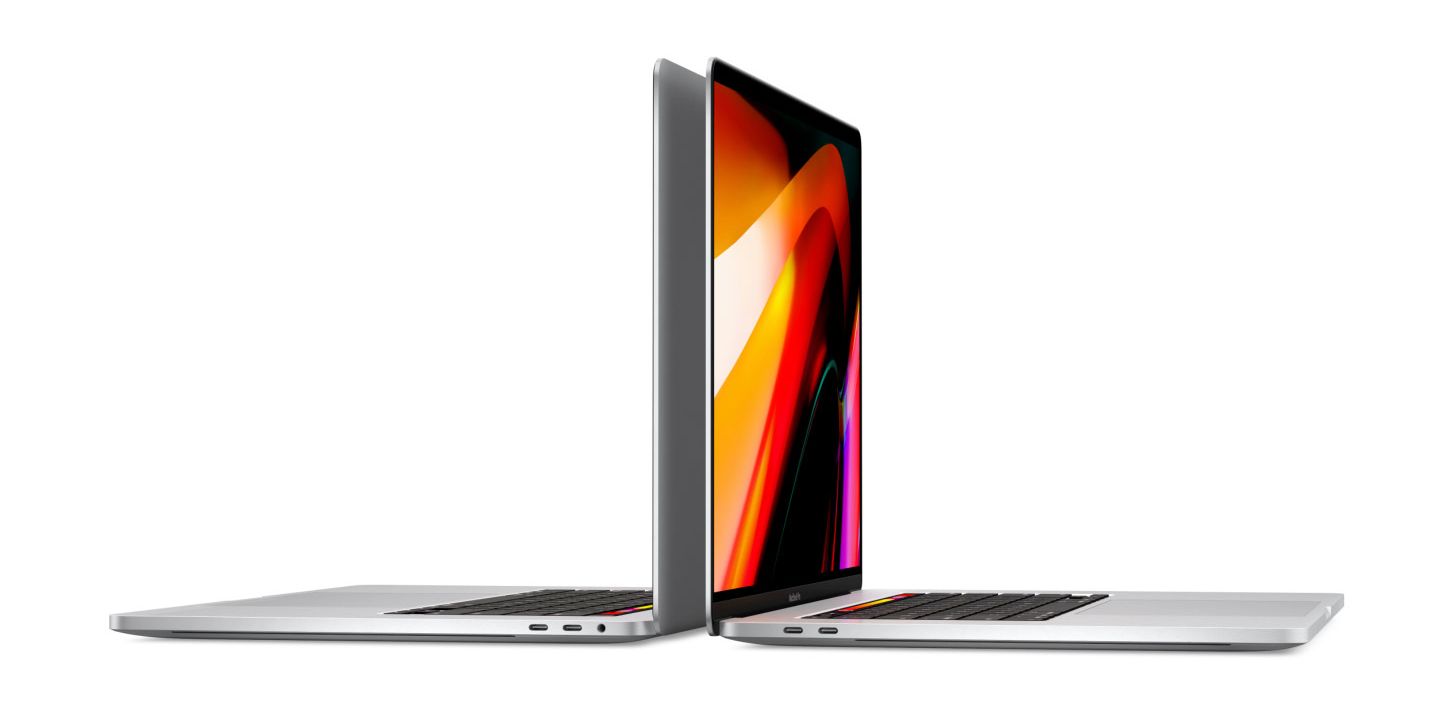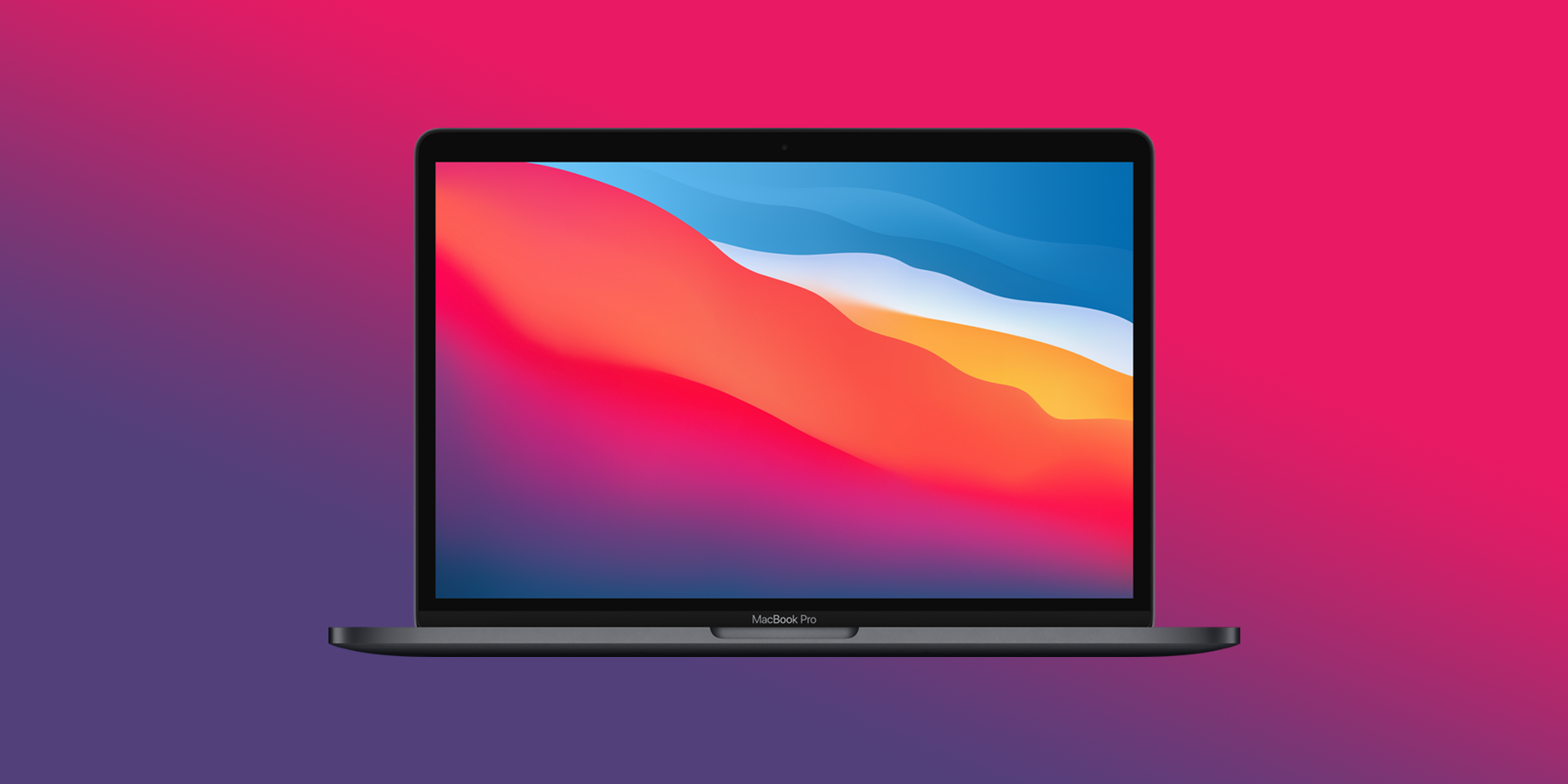
Apple's expected to announce its 2021 MacBook Pro next Monday, and with just days to go before that, a new report claims the computer will have a buttery smooth 120Hz refresh rate. Apple recently announced its next hardware event is happening on October 18. The event's tagline is 'Unleashed,' and the general consensus is that the star of the show will be the new MacBook Pro lineup.
Based on the latest rumors, the 2021 MacBook Pro sounds like a beast. Apple's expected to launch two models, including a new 14-inch version and an update to the 16-inch model. Both sizes are said to have slimmer bezels than previous models, additional ports, no Touch Bar, and the next generation of Apple's in-house silicon (named M1X or M2). While the current M1 MacBook Pro is still an incredible computer, it sounds like this latest generation is the one fans have been waiting for.
Just a few days before the new MacBook is likely announced, a new rumor has made the upcoming laptop even more exciting. According to a Tweet from display analyst Ross Young, the new MacBook Pro is "100% confirmed" to have mini-LED display technology — the same type of panel used in the 2021 iPad Pro. This is something that's been repeatedly suggested of the laptop, with Young's Tweet making it that much more certain mini-LED will be a key feature. What's especially exciting is Young's comment that a 120Hz refresh rate is also expected.

In his full Tweet, Young says the following: "Panel suppliers are the same between the iPad Pro's and MacBook Pro's - LG Display and Sharp. Expecting similar technology - oxide backplanes, miniLED backlights and 120Hz refresh rates. MiniLEDs, 100% confirmed." When asked if 120Hz wasn't confirmed for the MacBook Pro, Young responded with, "We believe they will be 120Hz. If get different info, will post." That suggests 120Hz isn't as sure of a bet as mini-LED, though the feature does seem very likely according to Young.
Assuming this is all true, 120Hz would be a massive upgrade for the MacBook Pro. As we've seen in other devices over the years, 120Hz allows for much smoother scrolling, animations, and general interactions compared to a standard 60Hz screen. The 2018 iPad Pro was the first Apple gadget to implement the technology, followed by the iPhone 13 Pro that just launched last month. Seeing as how Apple's Pro iPad and iPhone both have 120Hz, it only makes sense for the MacBook Pro to eventually get the same treatment.
Thankfully, there's not too much longer to wait before Apple confirms if any of this is true or not. Next week's event kicks off at 10:00 AM PDT on October 18 and will be streamed for free on Apple's website. 120Hz would be an incredible addition to this year's MacBook Pro, but even if it doesn't make the cut, it's still shaping up to be an exciting release.
Source: Ross Young
from TechCrunch https://ift.tt/3FGV2RN
via IFTTT
Comments
Post a Comment